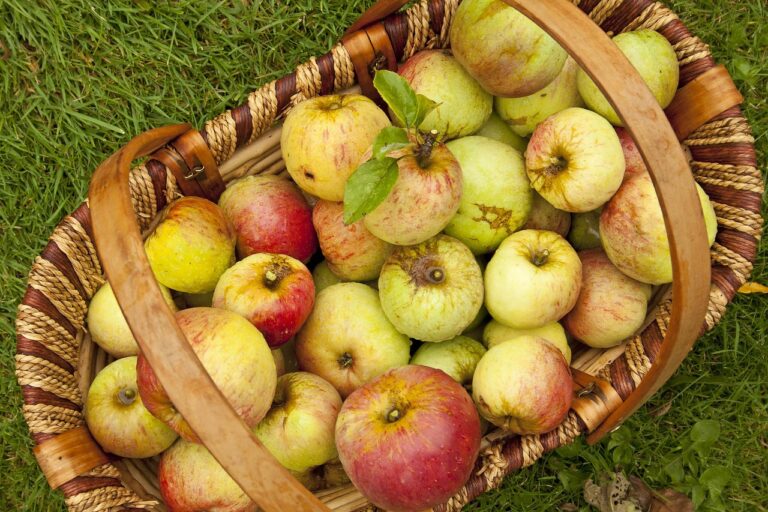Promoting Healthy Eating Habits in Aging Populations: Diamondexch999.com login, Skyexchange sign up, Ready book club login
diamondexch999.com login, skyexchange sign up, ready book club login: Promoting Healthy Eating Habits in Aging Populations
As we age, it becomes increasingly important to pay attention to our dietary habits to maintain optimal health and well-being. Eating a nutritious diet is essential for older adults to prevent chronic diseases, maintain a healthy weight, and support overall vitality. In this article, we will explore the importance of promoting healthy eating habits in aging populations and provide practical tips for achieving this goal.
Understanding the Importance of Healthy Eating for Seniors
As we age, our bodies undergo various changes that can impact our nutritional needs. Older adults may experience a decrease in appetite, changes in taste and smell, and reduced absorption of nutrients. Additionally, aging can increase the risk of developing chronic conditions such as heart disease, diabetes, and osteoporosis, making it crucial to prioritize a healthy diet.
A well-balanced diet for seniors should include a variety of nutrient-dense foods such as fruits, vegetables, whole grains, lean proteins, and healthy fats. These foods can help support immune function, maintain muscle mass, and reduce the risk of chronic diseases. By focusing on nutrient-rich foods, older adults can promote overall well-being and enhance their quality of life.
Practical Tips for Promoting Healthy Eating in Aging Populations
1. Prioritize Nutrient-Dense Foods: Encourage seniors to choose whole foods that are rich in vitamins, minerals, and antioxidants. These foods can help support their overall health and provide essential nutrients for optimal functioning.
2. Stay Hydrated: Dehydration is a common issue among older adults, so it’s important to remind seniors to drink an adequate amount of water throughout the day. Hydration is essential for digestion, metabolism, and overall well-being.
3. Plan Balanced Meals: Help seniors plan and prepare well-balanced meals that include a variety of food groups. Encourage them to include lean proteins, whole grains, fruits, and vegetables in their daily diet to ensure they are getting essential nutrients.
4. Limit Processed Foods: Processed foods are often high in sodium, sugar, and unhealthy fats, which can contribute to chronic conditions such as heart disease and diabetes. Encourage seniors to limit their intake of processed foods and focus on whole, natural ingredients.
5. Practice Mindful Eating: Encourage seniors to eat slowly, savoring each bite and paying attention to their hunger and fullness cues. Mindful eating can help older adults enjoy their meals more and prevent overeating.
6. Seek Professional Guidance: If seniors have specific dietary needs or health concerns, encourage them to consult with a registered dietitian or healthcare provider. These experts can provide personalized recommendations and support for a healthy eating plan.
FAQs
Q: Can supplements help older adults meet their nutritional needs?
A: While supplements can be beneficial for filling nutrient gaps, it’s important for seniors to focus on obtaining nutrients from whole foods whenever possible. A balanced diet should be the primary source of essential vitamins and minerals.
Q: How can I help a senior with dietary restrictions or food allergies?
A: Work with the senior to identify their specific dietary needs and preferences. Look for creative ways to accommodate their restrictions and explore alternative food options that meet their nutritional requirements.
Q: What are some healthy snack options for older adults?
A: Healthy snack options for seniors include fresh fruit, nuts, yogurt, whole-grain crackers, and vegetable sticks with hummus. Encourage seniors to choose nutrient-dense snacks that provide energy and essential nutrients.
In conclusion, promoting healthy eating habits in aging populations is essential for maintaining optimal health and well-being. By focusing on nutrient-dense foods, staying hydrated, planning balanced meals, and practicing mindful eating, older adults can support their overall health and vitality. Encourage seniors to seek professional guidance when needed and provide support in making healthy choices. By prioritizing nutrition, older adults can enjoy a higher quality of life and age gracefully.







